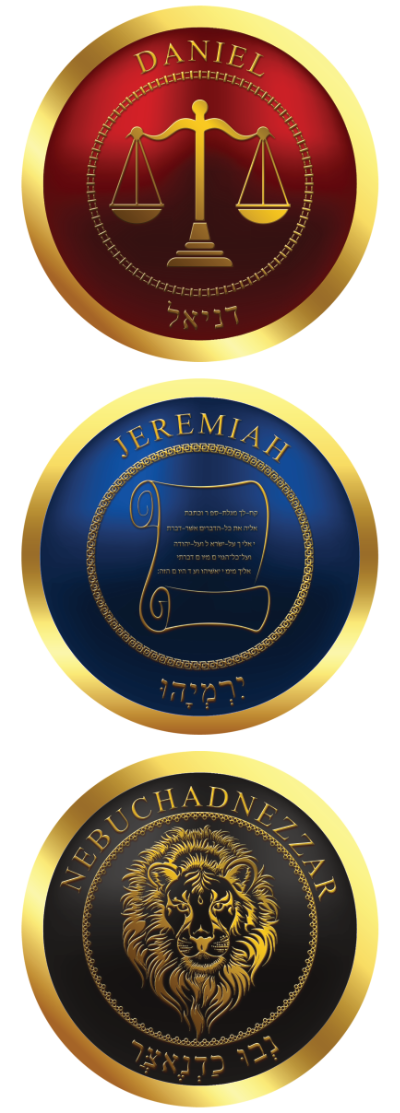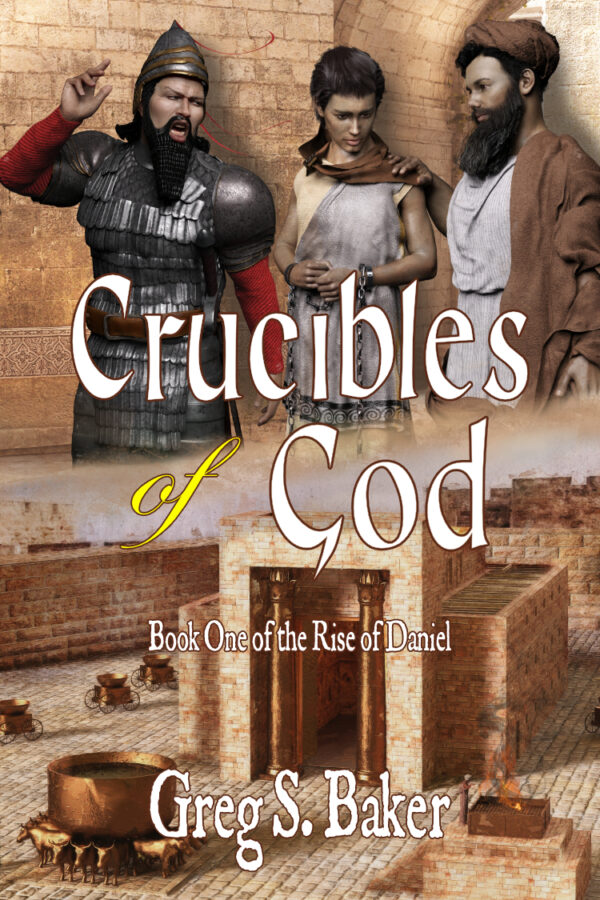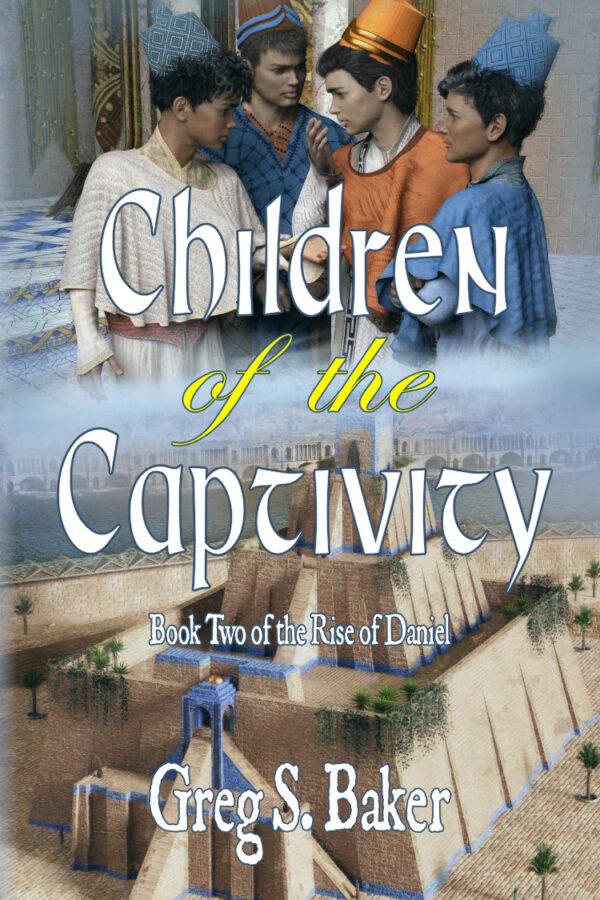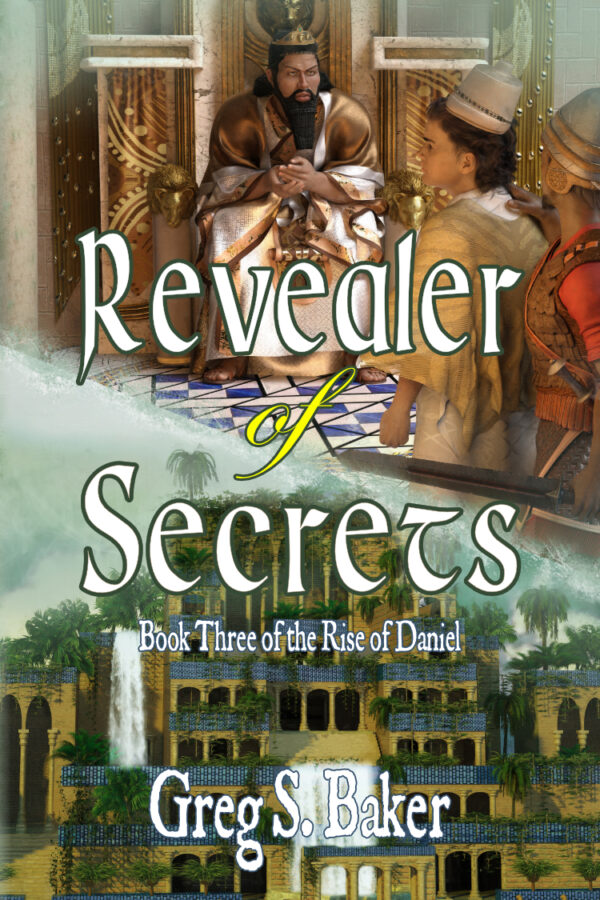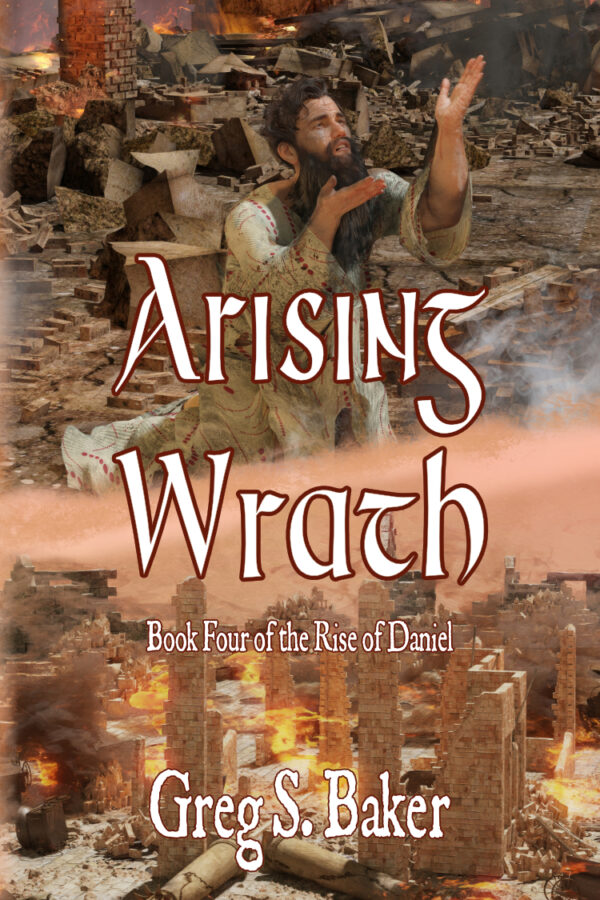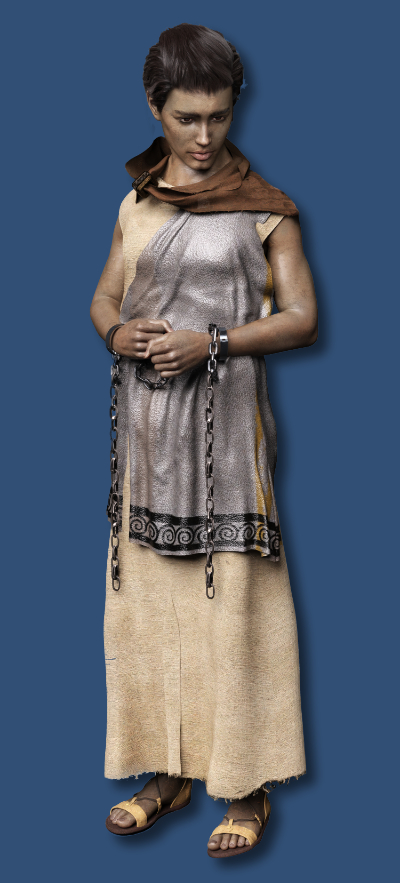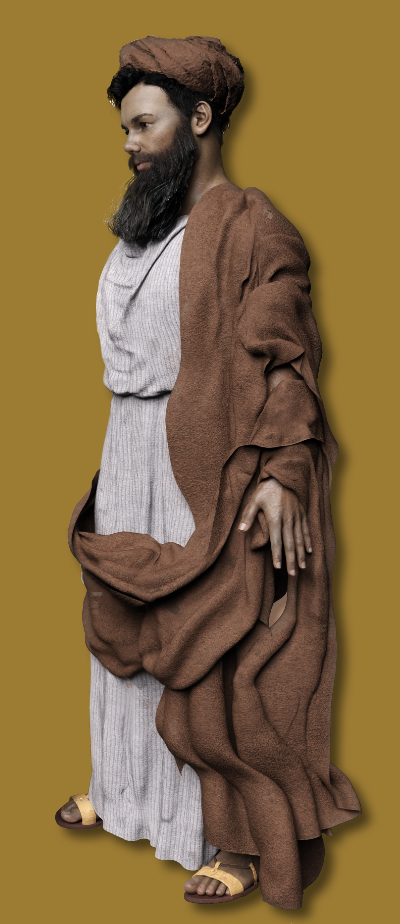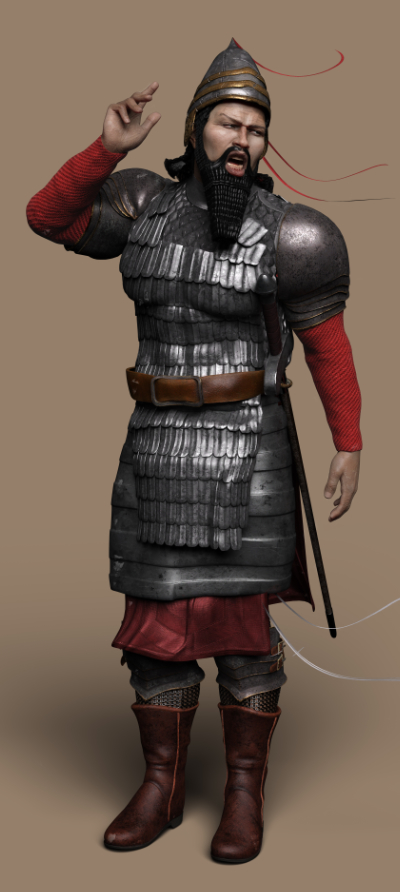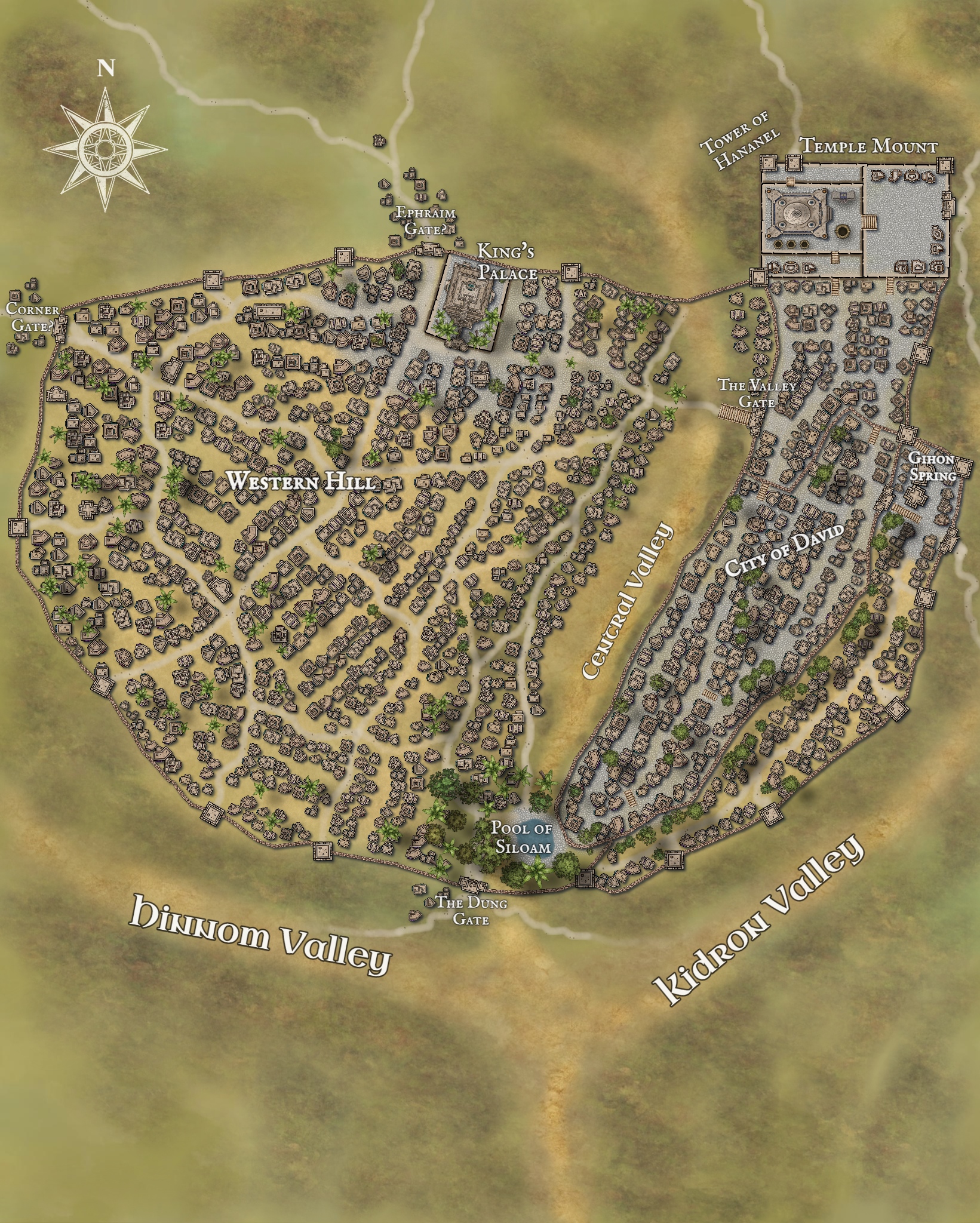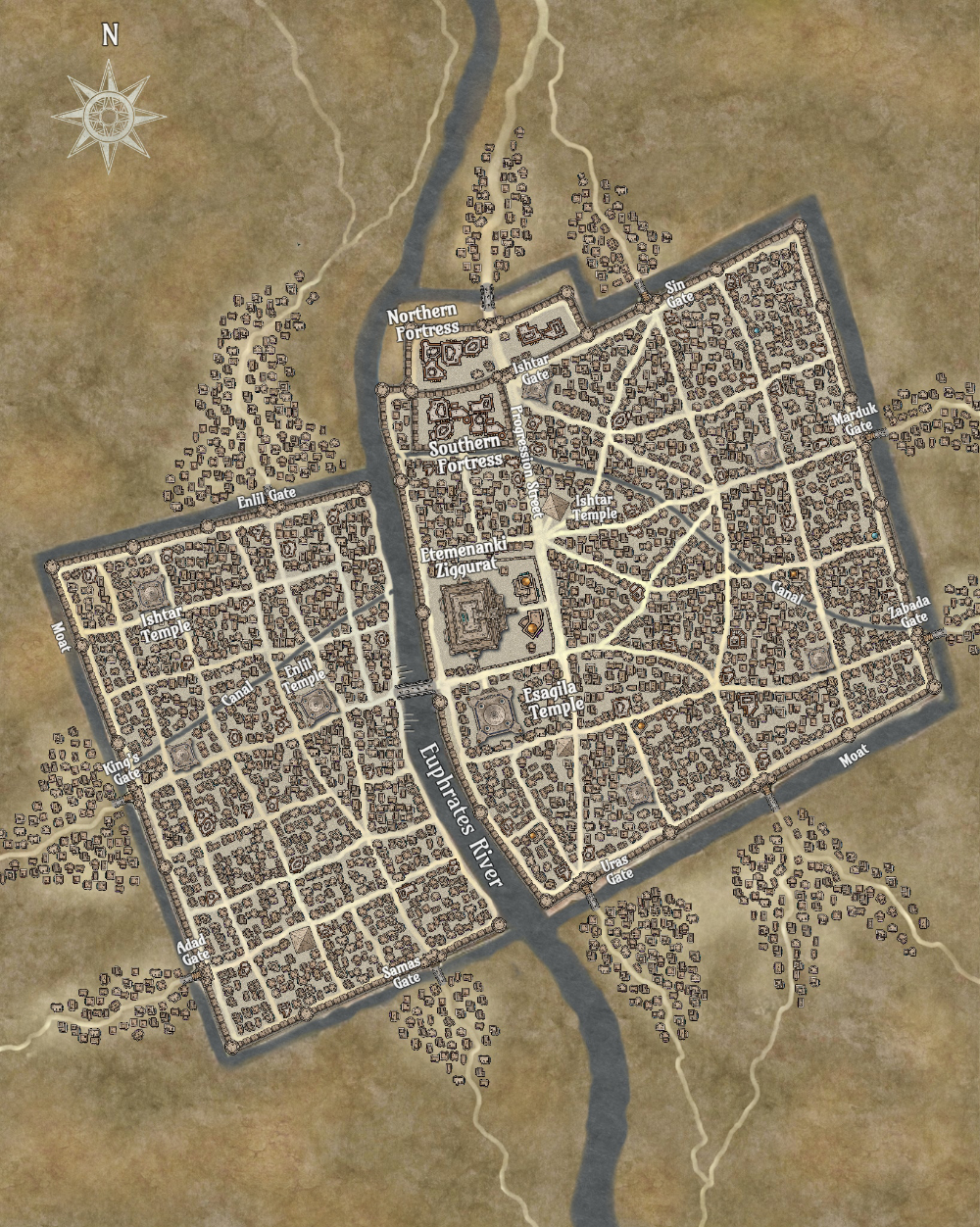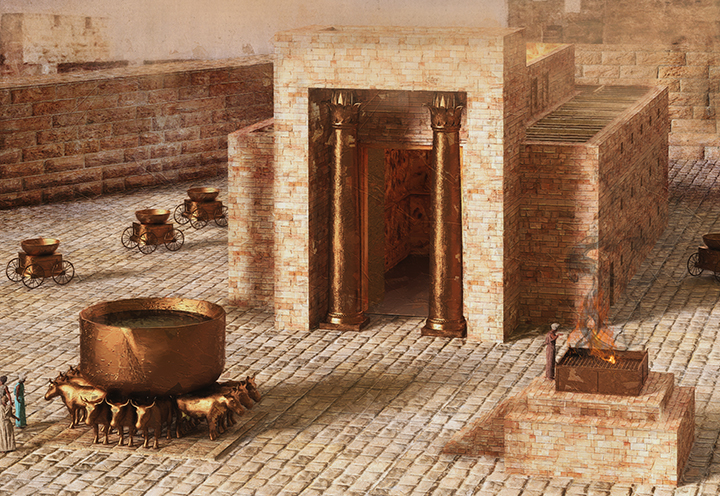War of the gods
In Daniel’s day, most people, including most Hebrews, believed in many gods. These gods interacted with people on personal levels, especially through dreams and visions.
Most likely, these gods were nothing more than evil spirits (demons) used by Satan to deceive people and keep them from coming to a knowledge of the truth.
Yet, there were constant wars between these gods and the followers of such gods. Daniel was often in conflict with the priests and politicians of these false gods. Daniel 10 is an example of this war taking place, where Satan attempts to frustrate the answer Daniel seeks by detaining an angel of the Lord.
The list to the right show the main Chaldean gods (demons) that Daniel had to contend with as a young man.
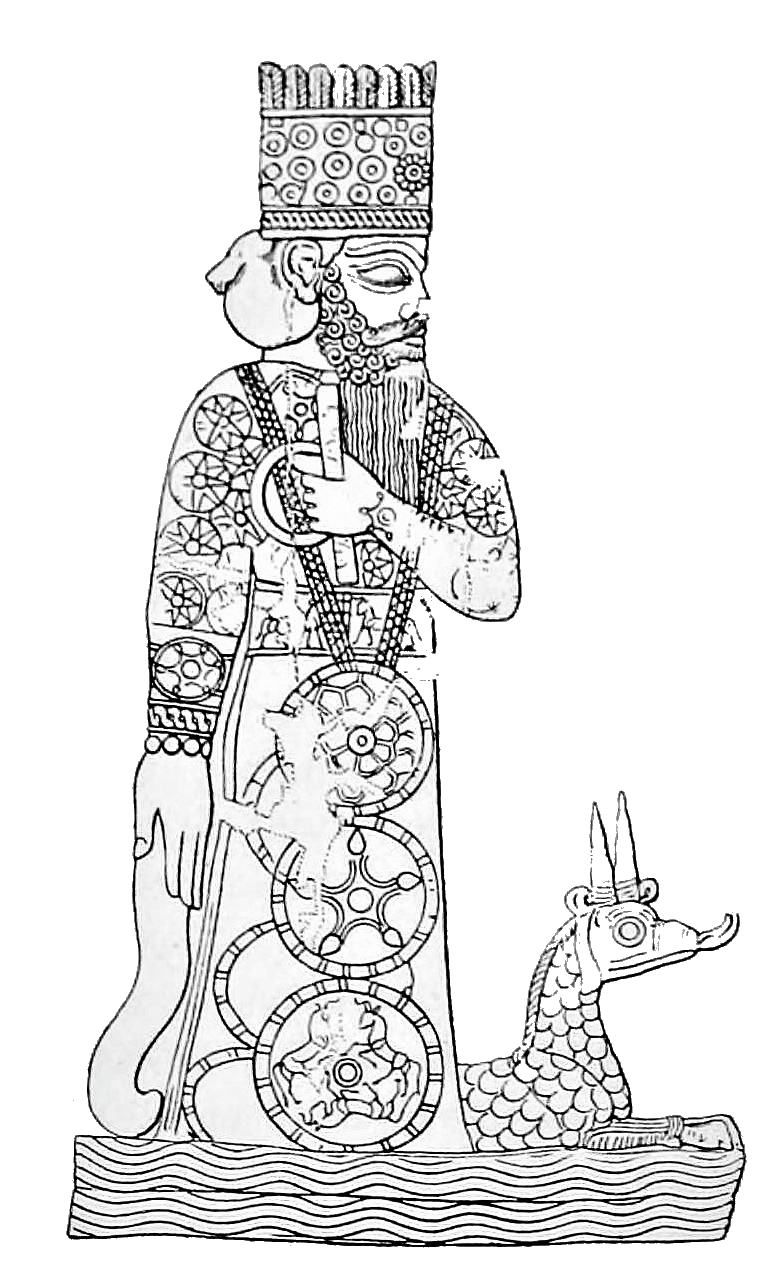
Marduk (Bel)
Marduk was considered the primary Chaldean god, supreme over all other gods. Another common name for him is Bel. originally the god of thunderstorms, he rose to be lord of the gods of heaven and earth after his defeat of Tiamat, a monster of chaos.
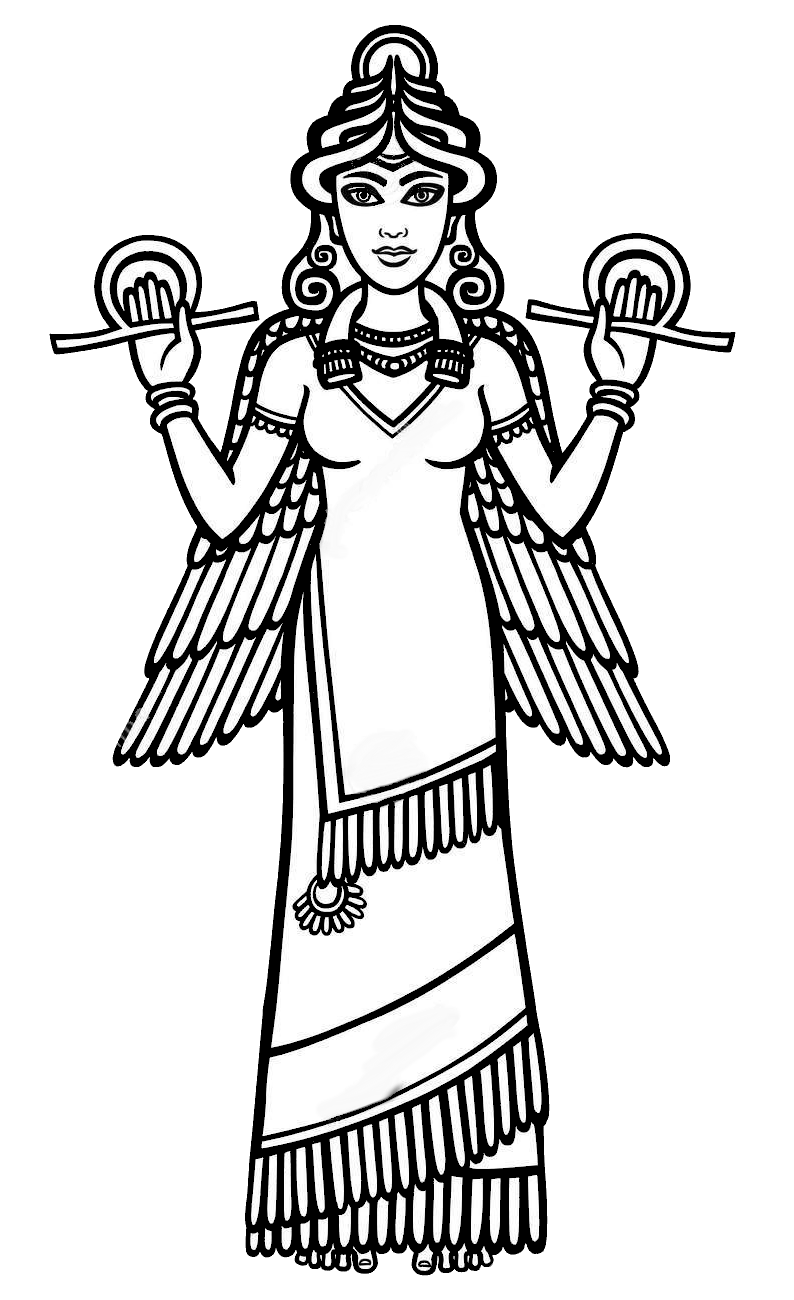
Ishtar
Ishtar was the Chaldean goddess of war and love. She is a perverse goddess, extoling both violence and immorality. Ishtar’s primary legacy from the Sumerian tradition is the role of fertility figure; she evolved, however, into a more complex character, surrounded in myth by death and disaster, a goddess of contradictory connotations and forces—fire and fire-quenching, rejoicing and tears, fair play and enmity.
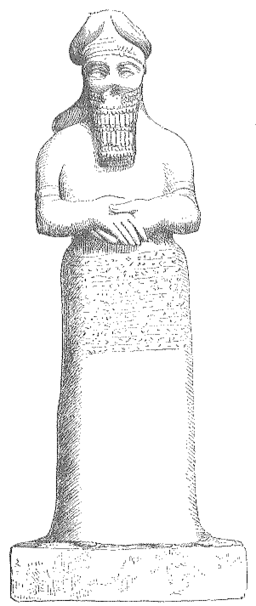
Nabu
Nabu was the Chaldean god of wisdom and literacy. Nabu gained prominence among the Babylonians in the 1st millennium BC when he was identified as the son of the god Marduk. Nabu was worshipped in Babylon's sister city Borsippa, from where his statue was taken to Babylon each New Year so that he could pay his respects to his father.
